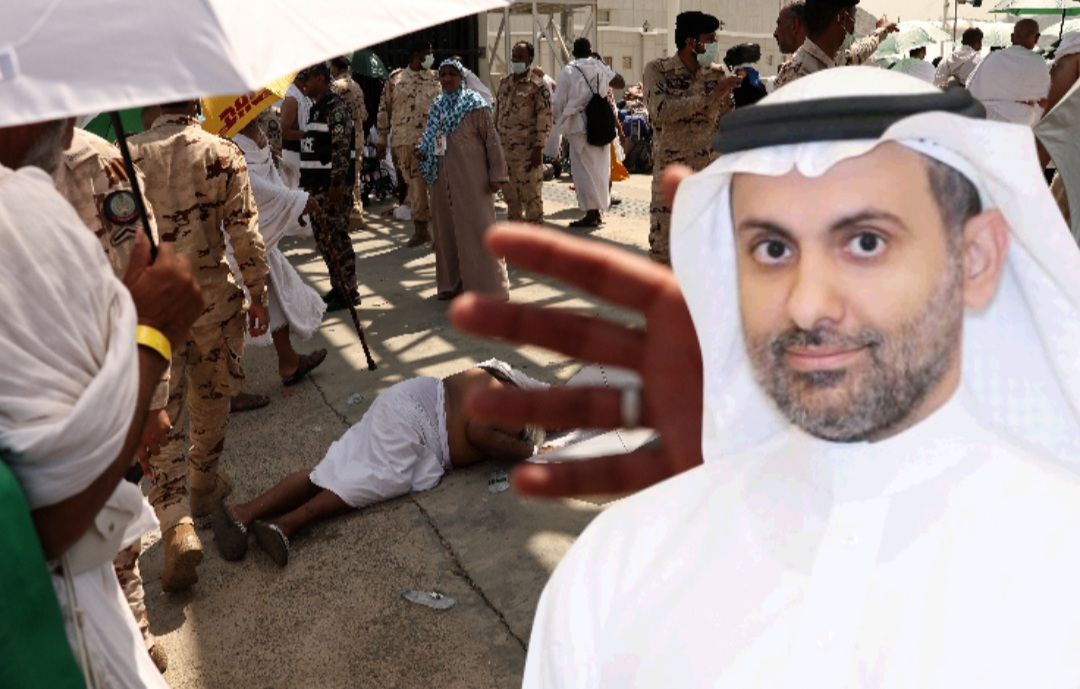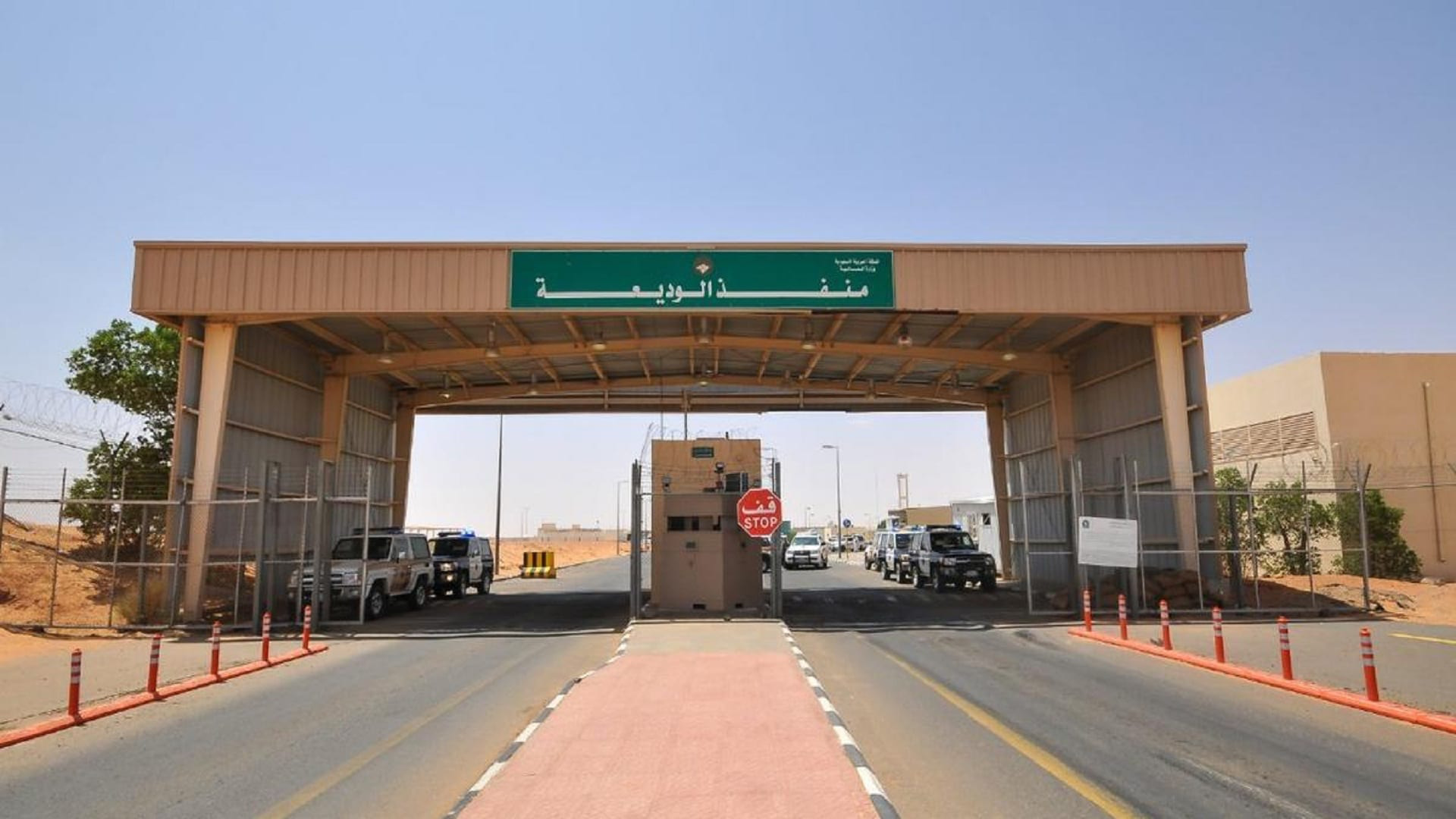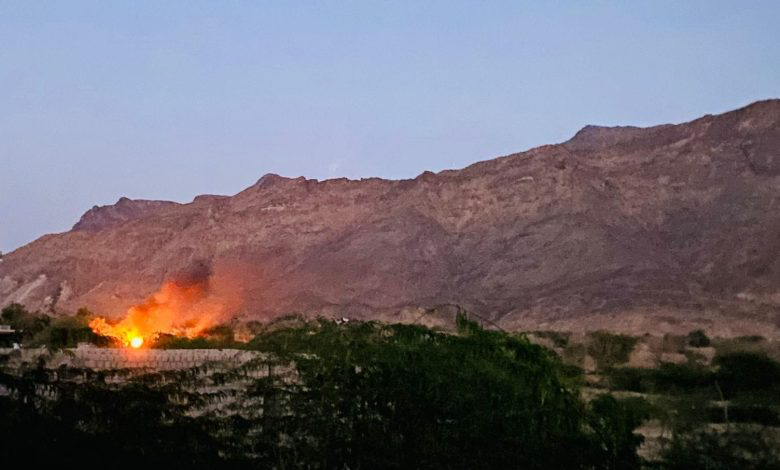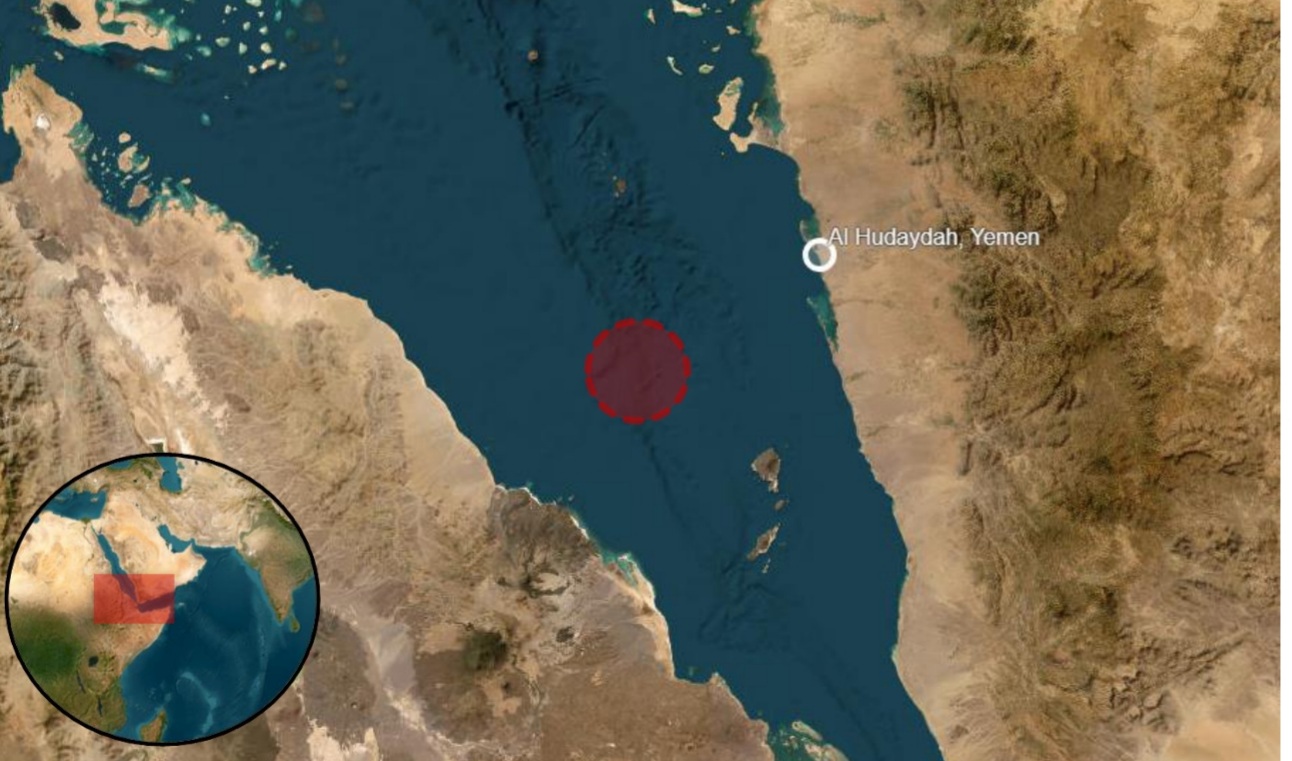
Barran Press
The Kingdom of Saudi Arabia announced on Sunday, June 23, 2024, the final death toll for this year's Hajj pilgrimage (1445 AH), reporting 1,301 fatalities. The Ministry of Health also highlighted the extensive healthcare services provided to pilgrims throughout the season.
According to the official Saudi Press Agency (SPA), Health Minister Fahad Al-Jalajel revealed that 83% of the deceased were unregistered pilgrims who had traveled long distances under the scorching sun without shelter or rest. This group included a significant number of elderly individuals and those with chronic illnesses.
Al-Jalajel stated that the healthcare system treated a large number of pilgrims suffering from heat exhaustion this year, with some still receiving care. No outbreaks or widespread diseases were reported.
The ministry provided over 465,000 specialized medical services, with 141,000 of those services delivered to unregistered pilgrims.
Despite the high temperatures in the holy sites, the health of the pilgrims was generally reassuring, according to the minister. He attributed this to the effective response of healthcare professionals and the active support of Hajj security forces in managing heat exhaustion cases.
Al-Jalajel emphasized that authorities had undertaken extensive efforts to raise awareness about the risks of heat exhaustion and the importance of adhering to preventative measures.
Free healthcare services offered by the Kingdom to pilgrims began even before their arrival, with awareness programs implemented at air, sea, and land border crossings.
The ministry provided approximately 1.3 million preventative services, including early detection screenings, vaccinations, and medical care upon arrival. These services included open-heart surgery, cardiac catheterization, kidney dialysis, and emergency care exceeding 30,000 instances. This included 100 air ambulance transfers for advanced medical services in Saudi medical cities. Currently, 95 unregistered patients remain under medical care, some of whom were airlifted to Riyadh.
The healthcare system provided over 6,500 equipped beds in the holy sites, along with heat exhaustion rooms. Advanced technologies were also implemented to ensure rapid and efficient rescue efforts for the injured.
Regarding the deceased, the minister stated that all reports were investigated, and families were contacted and identified. This process took time due to the lack of identification documents or personal information carried by many of the deceased.
Necessary procedures were taken to identify the deceased, provide burial services in Mecca, and issue death certificates.
On June 15, the Saudi General Authority for Statistics announced that the total number of pilgrims for the year 1445 AH reached 1,833,164, including 1,611,310 pilgrims who arrived from outside the Kingdom through various ports of entry. The number of domestic pilgrims, including citizens and residents, reached 221,854.





